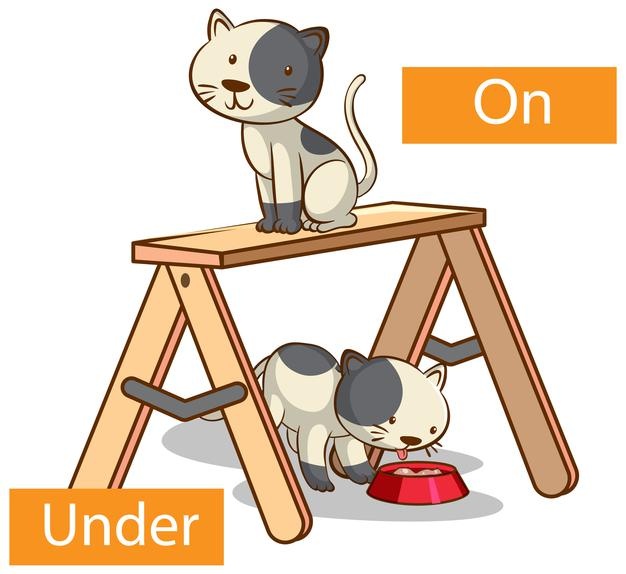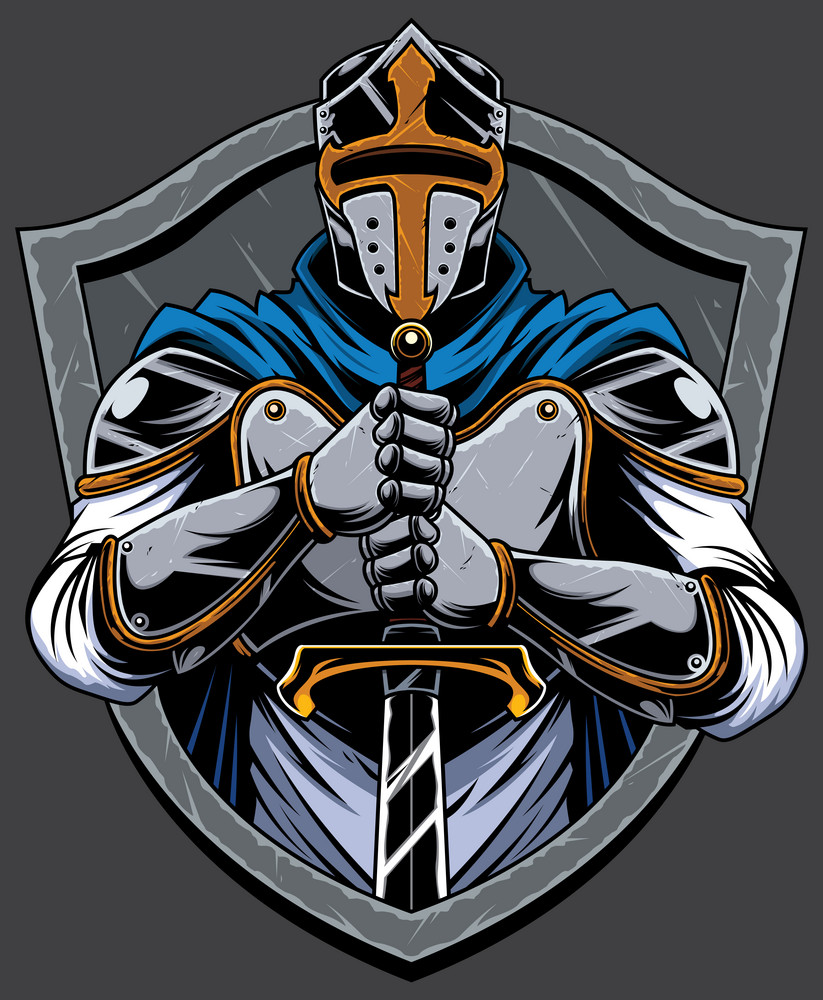English Pronoun Worksheet 2 for Class 3 Kids
Pronouns
Pronouns are defined as words that can be used as a ‘placeholder’ for nouns, that is we can use pronouns in place of a noun. Pronouns are traditionally a part of speech in grammar, but many modern linguists call it a type of noun. In English, pronouns are words such as me, she, any, his, them, herself, each other, it, what and many more .
They are utilized so that we don’t have to repeat the same nouns again and again in our writing. Our writing and speech is much smoother when we use pronouns .
These are often used to take the place of a noun, to avoid repetition of the noun. This means that the two words need to agree in number, gender, and case, or the sentence won’t make sense!
Types of pronoun -
Personal pronouns- Personal pronouns are pronouns that are associated primarily with a particular grammatical person that is first person, second person, or it can be a third person. Personal pronouns may also take different forms depending on number, grammatical or natural gender, case, etc.
For example: He, she they, we
Demonstrative pronouns- Pronouns that points to particular things: this, that, these, and those, as in “This is an apple,” “Those are boys,” or “Take these to the clerk.” The same words are used as demonstrative adjectives when they modify nouns or pronouns: “this apple,” “those boys.”
For example: This, that, these
Interrogative pronouns- An interrogative word or question word is a function word used to ask a question, such as what, which, when, where, who, whom, whose, why, whether and how. They are sometimes called WH-words, because in English most of them start with WH-. They may be used in both direct questions and in indirect questions.
For example: Which, who, whose
Indefinite pronouns- An indefinite pronoun is a pronoun that refers to a person or a thing without being specific. . It doesn’t have a “definite” subject, but is vague, so it’s called an indefinite pronoun. Indefinite pronouns can represent either countable nouns or uncountable nouns.
For example: None, several, any
Possessive pronouns- A possessive or static form is a word or grammatical construction used to indicate a relationship of possession in a broad sense. This can include strict ownership, or a number of other types of relation to a greater or lesser degree analogous to it.
For example: His, yours, ours
Reciprocal pronouns - reciprocal pronoun is a pronoun which is used to indicate that two or more people are carrying out or have carried out an action of some type, with both receiving the benefits or consequences of that action simultaneously. Any time something is done or given in return, reciprocal pronouns are used. The same is true any time mutual action is expressed.
For example: Each other, one another
Relative pronouns - A relative pronoun is a pronoun that marks a relative clause. It serves the purpose of conjoining modifying the information’s about an antecedent referent. An example is the word that in the sentence “This is the house that Jack built.
For example: Which, who, that
Reflexive pronouns - Reflexive pronouns are the words like myself, yourself, himself, herself, itself, ourselves, yourselves and themselves. They refer back to a person or thing. We often use reflexive pronouns when the subject and the object of a verb are the same.
For example: Itself, himself, ourselves
Intensive pronouns – The intensive/reflexive pronouns include myself, yourself, himself, herself, itself, ourselves, yourselves, themselves. Furthermore, an intensive pronoun is defined as a pronoun that ends in “self” or “selves” and places emphasis on its antecedent.
For example: Itself, himself, ourselves
Distributive pronouns - Distributive pronouns refer to people, animals, and objects as individuals within larger groups. They enable you to single out individuals while acknowledging that they’re part of a larger group. Distributive pronouns include the following:
For example: Either, Each, Any
Instructions to solve the worksheet
Based on your reading and understanding of the replace the underlined nouns with correct pronouns taking the help of the words given in the suggestion box.


















































